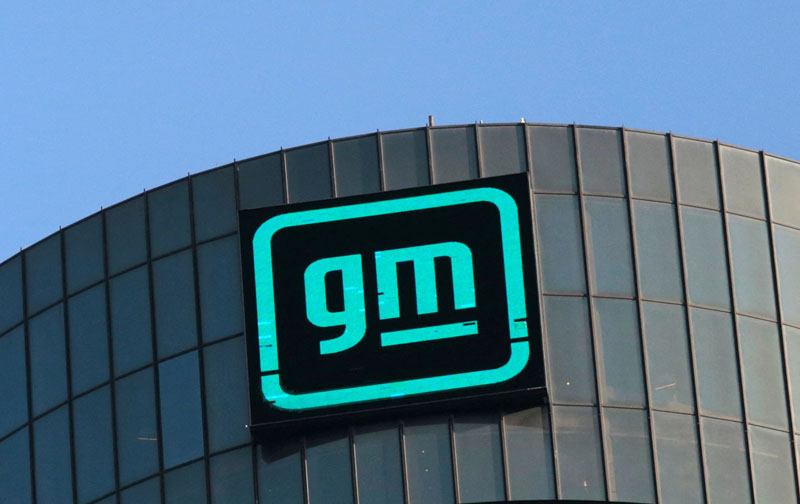Human beings are known for many different things, but most importantly of all, they are known for getting better on a consistent basis. This tendency to improve, no matter the situation, has brought the world …
Human beings are known for many different things, but most importantly of all, they are known for getting better on a consistent basis. This tendency to improve, no matter the situation, has brought the world some pretty huge milestones, with technology emerging as a notable member of the group. The reason why we hold technology in such a high regard is, by and large, centered upon its skill-set, which guided us towards a reality that nobody could have ever imagined otherwise. Nevertheless, if we look beyond the surface for a second, it will become clear how the whole runner was also very much inspired from the way we applied those skills across a real world environment. The latter component, in fact, did a lot to give the creation a spectrum-wide presence and start what was a full-blown tech revolution. Of course this revolution then went on to scale up the human experience through some outright unique avenues, but even after achieving a feat so notable, technology will somehow continue to bring out the right goods. The same has turned increasingly evident in recent times, and assuming General Motors’ latest move shakes out just like we envision, it will only propel that trend to bigger and better heights moving forward.
According to a report from Reuters, the now highly famous ChatGPT could soon become a part of the General Motors’ ecosystem. The available details indicate how the software is being envisioned as a viable support for the virtual assistant present in the latter’s vehicles. Talk about those practical use cases that the technology is expected to bring, it will likely provide drivers with information like what action to take when a diagnostic light appears on the dashboard or instruct them on how to change a flat tire by displaying a video demonstration on the vehicle’s infotainment system. Beyond that, having a ChatGPT API in the mix will also make it possible to program functions like garage door codes or integrating user schedules from a calendar to remind the driver of any upcoming meetings and tasks.
The word by Reuters delivers an interesting follow-up to a different report, which was published by Semafor. This one dug into how “people with knowledge of the product” had specified GM was using Microsoft’s Azure cloud service, a solution that includes ChatGPT API, to develop virtual personal assistant for its vehicles. While stated revelation was significant in itself, Semafor also claimed GM’s voice assistant won’t necessarily behave like typical ChatGPT or Bing Chat. Instead, it will work alongside a specialized “car-specific layer” to ensure a more fitting experience on the driver’s part.
“This shift is not just about one single capability like the evolution of voice commands, but instead means that customers can expect their future vehicles to be far more capable and fresh overall when it comes to emerging technologies,” a GM spokesperson told Reuters.
As Microsoft is OpenAI’s sole cloud provider, the development, if it materializes, will also mark another step in a longstanding collaboration between General Motors and Microsoft. You see, back in 2019, both the companies collaborated over developing the infrastructure necessary for GM to enter the autonomous sweepstakes. However, despite all what it promises, the release date of a ChatGPT-backed GM vehicle remains unknown at the moment.
Engineering pic credits: REUTERS/Rebecca Cook




